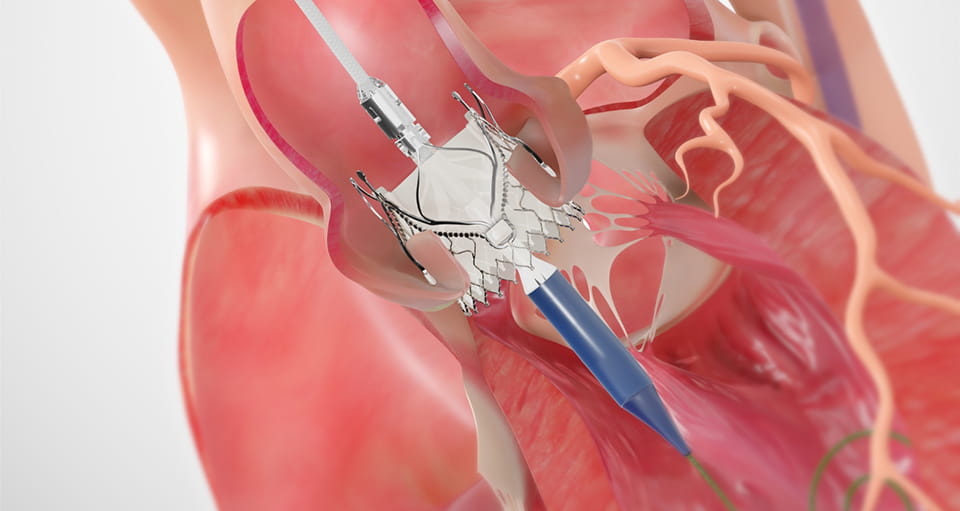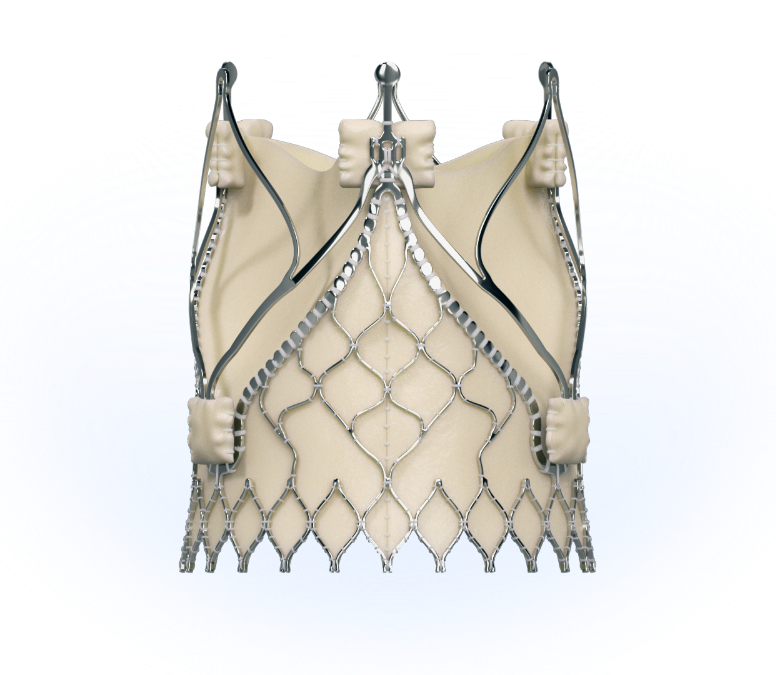AR Treatment
Options
Learn more about how aortic regurgitation is treated.

An aortic regurgitation diagnosis can feel overwhelming. But there are options available, especially if you seek treatment early.
Treatment will depend on the stage of severity of your AR. Medication can help relieve symptoms when the AR is mild or moderate, but aortic valve surgery is the recommended treatment option for patients with severe AR and some patients with moderate AR.1
What happens if AR is untreated?
If you’ve been diagnosed with AR, it’s very important to speak with your doctor to understand your condition and discuss your treatment options. Without treatment, it can be a life-threatening disease that could lead to heart failure.
If you’re experiencing AR symptoms, the condition can be significantly more dangerous to your health, particularly if you don’t seek treatment.1,2 But even if you don’t have any symptoms, you may still have underlying issues in your heart that can interfere with the heart’s normal function and increase the risk to your health.3
AR is a treatable condition. Depending on your overall health and the progress of your condition, you may have several treatment options available to you.
How can AR be treated?
Medical management
If you have a mild or moderate case of AR, your doctor can regularly check in and work with you to keep an eye on your health, recommend lifestyle changes, and manage your condition with medication.
However, if you’ve been diagnosed with severe symptomatic AR (ssAR), medical management won’t be the right treatment option for you. Once you’re experiencing symptoms, surgery is the recommended treatment.
Surgery
For ssAR, surgery is the treatment option recommended by doctors today. It is the most effective treatment option, and it will address the condition at its root—giving you a better quality of life going forward.
Surgery is the recommended treatment option for patients with severe AR, but not all patients can undergo a surgical procedure on the heart. Depending on your age and whether you have any additional health issues, your doctor may not recommend open heart surgery for you.

TAVR for AR: a nonsurgical method*

Transcatheter aortic valve replacement (TAVR) is a minimally invasive treatment that can replace a damaged heart valve with a new one—without the risks of open heart surgery.
Right now, TAVR is used around the world to successfully treat aortic stenosis (AS), another type of heart valve condition. And clinical trials are currently underway to find the best way to make this solution an option for patients with AR. If surgery isn’t an option for you, TAVR could be the treatment for you in the future.

1 Otto CM, et al. Circulation. 2021;143:e72-e227
2 Thourani VH, et al. Structural Heart. 2021;5(6):608-618. DOI:10.1080/24748706.2021.1988779
3 Mentias A, et al. JACC. 2016;68(20):2144-2153.
*US: CAUTION – Investigational Device. Limited by Federal (or United States) law to investigational use.



